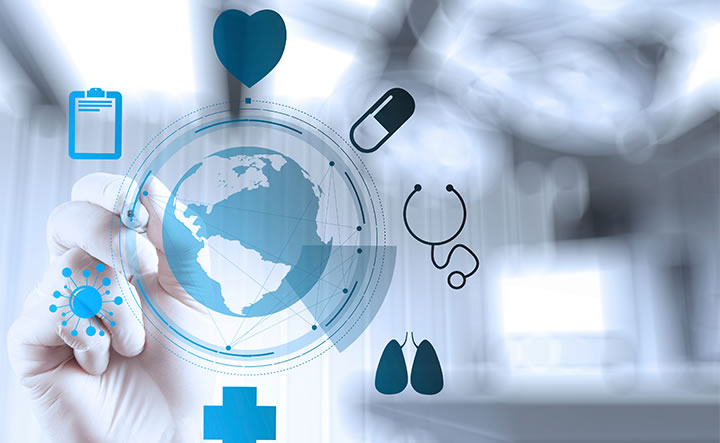Smart health devices are revolutionizing elderly care by offering round-the-clock real-time monitoring that significantly enhances both safety and quality of life. As the global population ages, families and healthcare providers are increasingly turning to technology to ensure seniors receive proper care without compromising their independence. Smart health devices—such as wearable trackers, fall detection sensors, smart pill dispensers, and connected medical equipment—are proving invaluable in this regard. These tools continuously collect vital health data including heart rate, blood pressure, oxygen saturation, movement patterns, and medication adherence. The information is then instantly transmitted to caregivers or healthcare professionals, enabling immediate intervention if anomalies or emergencies are detected. One of the most significant benefits of these devices is their ability to detect issues before they become serious medical problems. For example, if a smart watch detects irregular heart rhythms, or if a bed sensor notes a change in sleep patterns, these early warnings can prompt swift medical attention, potentially preventing hospitalization.

Similarly, fall detection systems can automatically alert caregivers or emergency services, dramatically reducing the time it takes for an elderly person to receive help after a fall—an incident that is particularly dangerous for those living alone. This real-time responsiveness fosters peace of mind for both the elderly and their families. Beyond emergency detection, smart health devices support the management of chronic conditions such as diabetes, hypertension, and respiratory illnesses, which are common among older adults. Devices that track glucose levels, remind users to take medications, or monitor breathing patterns help ensure that care plans are followed meticulously. The collected data also allows healthcare providers to fine-tune treatments based on detailed, long-term trends rather than sporadic clinic visits. This shift from reactive to proactive healthcare can reduce the frequency of hospital admissions and enhance the overall well-being of elderly patients. Another advantage is the enhanced autonomy these technologies provide. Many seniors wish to remain in their homes rather than move to assisted living facilities.
Smart health devices make this feasible by enabling remote monitoring and communication. Family members can stay connected via mobile apps that provide real-time updates, and doctors can conduct virtual check-ins using the transmitted health data. This allows elderly individuals to maintain their independence and dignity while still receiving comprehensive care. Privacy and ease of use are also critical considerations. Many modern smart health devices are designed with user-friendly interfaces, voice activation, and minimal maintenance requirements, making them suitable even for those who are not tech-savvy. Additionally, manufacturers are increasingly incorporating stringent data encryption and privacy protections to ensure that sensitive health information is securely handled. In summary, smart health devices are transforming the landscape of elderly care by making it more responsive, personalized, and preventive. These innovations enable seniors to live more safely and independently while offering reassurance to families and support to medical professionals browse around this site rexsdeli.com. As the technology continues to evolve, its role in eldercare will likely become even more central, contributing to healthier, more empowered aging experiences.